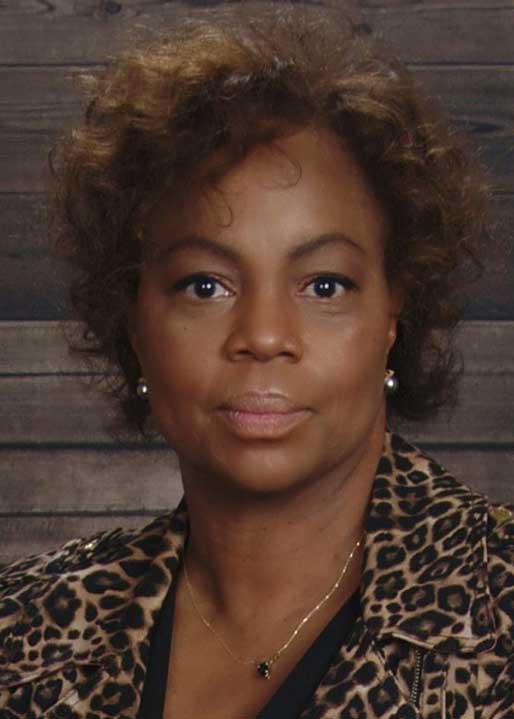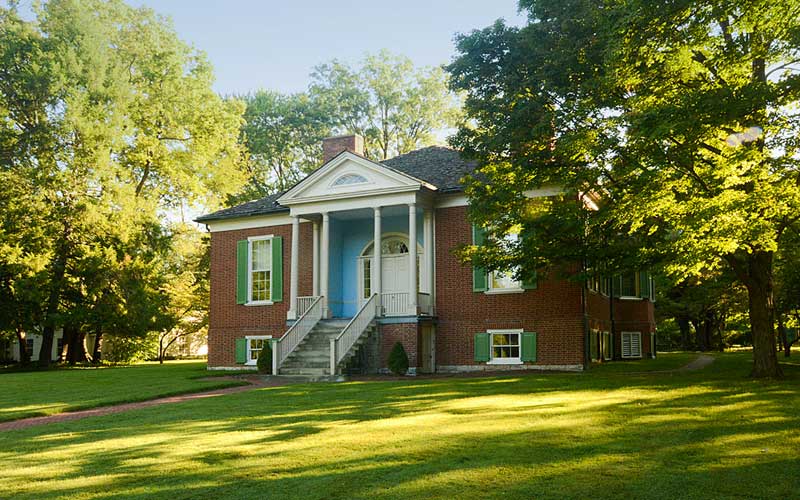What moves us forward
By DeVon Hankins
Strategic Partner, Operational Performance & Innovation

When the opportunity arose to facilitate strategic planning for Farmington, a former plantation and historic site off Bardstown Road in Louisville, I jumped at the chance.
As an African-American woman with a long professional history of working on social impact issues for large constituencies, I’ve navigated politically and socially sensitive landscapes and the climates that encompass them. This includes guiding Louisville Metro Government teams in setting strategy around our city’s social issues, and time as a legislative staffer for Kentucky’s Legislative Research Commission, drafting socioeconomic-impact bills for both sides of the aisle. With this experience under my belt, I looked forward to playing a role in helping develop a sound strategy, vision, and mission that would speak to Farmington’s future – without ignoring its past. I intentionally chose to collaborate with Farmington’s staff and board because they want to do the hard work that can move us forward as a community.

Farmington was a plantation with slaves; its history is far from untainted. Part of the journey of creating Farmington’s strategic plan was understanding how sensitive this walk was going to be. It is not my style to gloss over or avoid difficult conversations, and I applaud Farmington’s strategic planning committee for their ability to acknowledge and face discomfort and make space for honest conversation and debate. They believe that shining a light on the darker corners of Farmington’s past will help determine the direction of its future.
I learned about the property’s rich diversity in ownership and use over the years, which included the Speed family’s hemp farm, and the Drescher and Bischoff families’ potato farms following the Civil War. Notably, Abraham Lincoln visited the plantation in 1841, the only time he was fully immersed in the southern planter elite lifestyle and the culture surrounding slavery. I can’t help but wonder whether this visit helped shape his thoughts and actions as our future president.
A critical component of our work together was to develop ways for the organization to constructively share the darker parts of its history, which will include active participation in race and equity conversations within the community. While some won’t want to welcome Farmington to these discussions, I believe it is essential. The challenges we face are communal, and all members need to have a voice – especially those with relevant historical perspective to offer.
I believe we all have a role to play in the evolution of both Farmington and the community in which we exist. When it comes to race and equity, this work with Farmington reaffirmed my position that we need everyone at the table. Farmington’s board of directors includes descendants of both its former slaves and property owners who genuinely want to support healing the fabric of our community. There comes a time when we must put down the sticks and stones so we can have meaningful and constructive conversations. Like all of us should, Farmington is making the effort and committing to do the work of acknowledging the good, the bad, and the ugly of their past, and in doing so, can pave the pathway to its future and ours.
